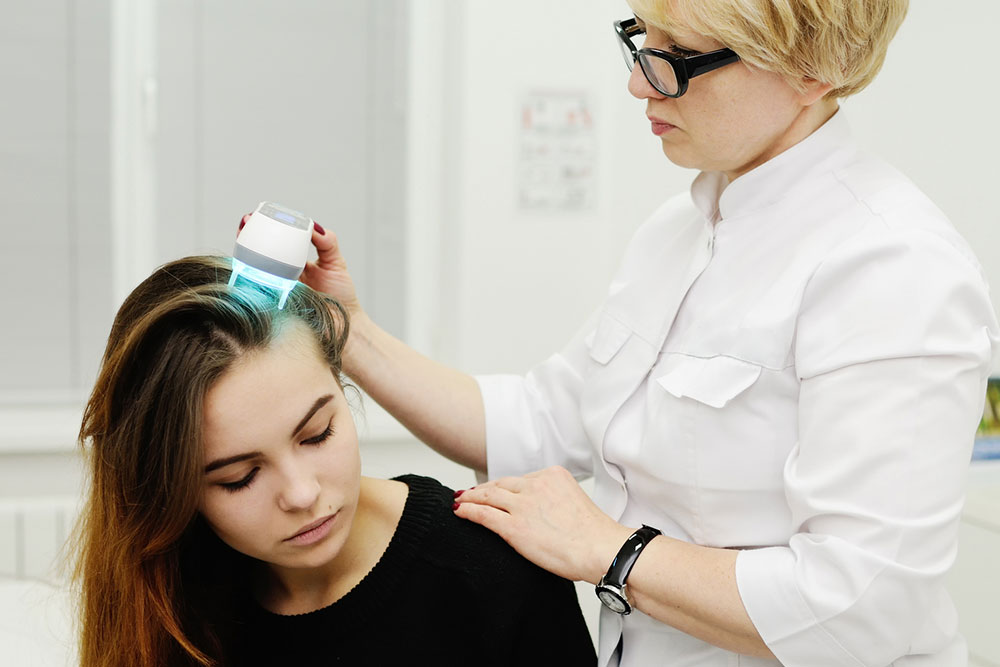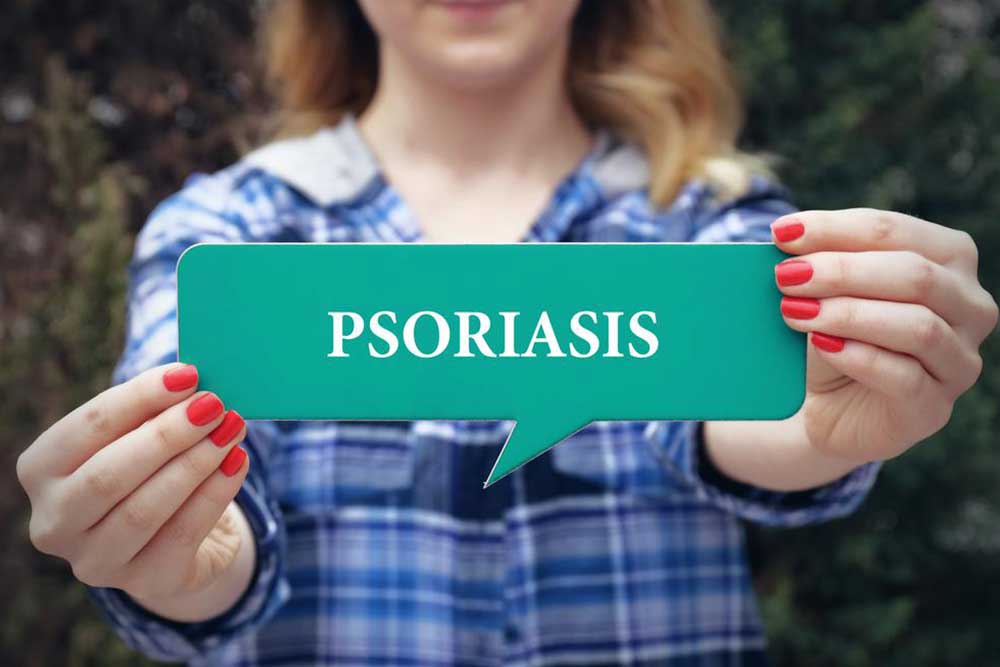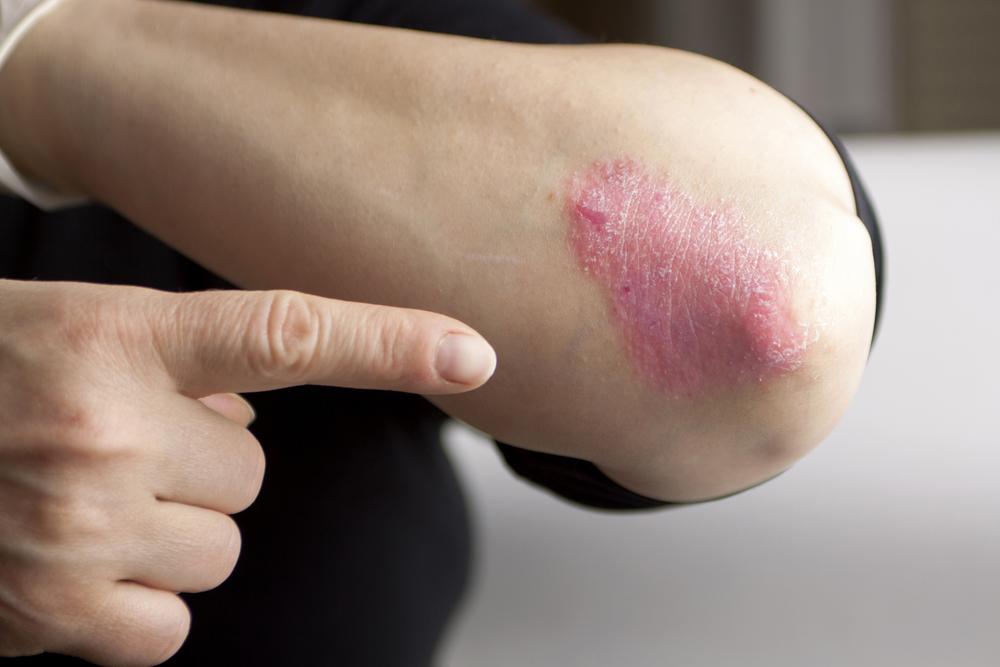4 Essential Things To Know Before You Choose A Plaque Psoriasis Treatment
For those who are unfamiliar with plaque psoriasis, it is an autoimmune skin disease in which people start developing elevated and scaly patches of skin on various areas of their body. Generally, the elbows, knees, and scalp are the most susceptible areas. Fortunately, the condition can be managed with the right treatment options. To seek such options, it is important to recognize the condition’s signs, causes, and complications and get an early diagnosis.

Which are the risk factors that are linked with plaque psoriasis?
- While it is already established that people who develop plaque psoriasis are born with a certain genetic mutation, it is observed that not all of them with the genetic mutation end up falling victim to plaque psoriasis.
- Hence, it is believed that there are certain environmental risk factors that act as triggers and cause plaque psoriasis.
- If your parents have this skin disease, then it increases your chances of developing the disease drastically.
- Smoking happens to be another risk factor that not just increases your risks but also aggravates the symptoms of plaque psoriasis.
- Other known risk factors are stress, obesity, and viral or bacterial infections, especially, those which appear repeatedly.
What are some complications that are linked with plaque psoriasis?
- It is important to start your plaque psoriasis treatment as soon as you can, as if not controlled in time, it might cause several health complications.
- One of the severe health complications related to plaque psoriasis is psoriatic arthritis where the skin disease causes severe joint damage.
- It is also observed that psoriasis patients often suffer from eye conditions like conjunctivitis and blepharitis.
- Patients with this skin disease are also more likely to develop Parkinson’s disease than the rest of the population.
- Type 2 diabetes, obesity, high blood pressure, kidney diseases, and cardiovascular diseases are some other health complications that are associated with plaque psoriasis.
How is plaque psoriasis diagnosed?
- Plaque psoriasis symptoms are not that difficult to identify and often the dermatologists are able to identify the disease by carefully looking at the plaques of elevated skin and their distribution.
- The fact that the skin rashes usually appear on the elbow, the scalp, and the knees is another symptom of plaque psoriasis that helps in identifying the skin disease.
- Also, plaque psoriasis often affects the nails of your fingers and toes, where they appear to be thickened, which further makes it easy to identify the skin disease.
- In rare cases, a biopsy is carried out where a small piece of the affected skin is surgically removed to study the plaque psoriasis symptoms and diagnose the disease.
How can you treat plaque psoriasis?
- The choice of treatment for plaque psoriasis depends on the severity of the skin disease. While a mild case of plaque psoriasis can be treated by avoiding the trigger and eating healthy, if you feel that your skin condition is becoming severe then it is advised to seek professional help.
- If you have fewer plaques than your doctor might prescribe you topical medications which will help in soothing the inflammation and slowing the growth rate of the skin cells.
- Phototherapy or light therapy is another popular treatment to control and manage the symptoms of plaque psoriasis. In this, either you are exposed to ultraviolet (UV) rays in an enclosed space like your doctor’s office or you are advised to go out in the sun. If you decide to go out in the sun, then just make sure that you don’t overexpose yourself to the sun. As overexposure to the sun can increase your chances of developing skin cancer. It is also important to ensure you apply sunblock on the skin areas that are not affected by plaque psoriasis.
- If the topical treatment doesn’t work then your doctor might recommend systemic medications that are taken orally, injected, or infused in your blood system. These medicines work throughout the body and they are great if you suffer from moderate or a severe case of plaque psoriasis.
Plaque psoriasis is not contagious; however, unfortunately, there is no cure for it, which means that all you can do is make sure that you get fewer flare-ups of the skin disease and manage the symptoms of plaque psoriasis better.




